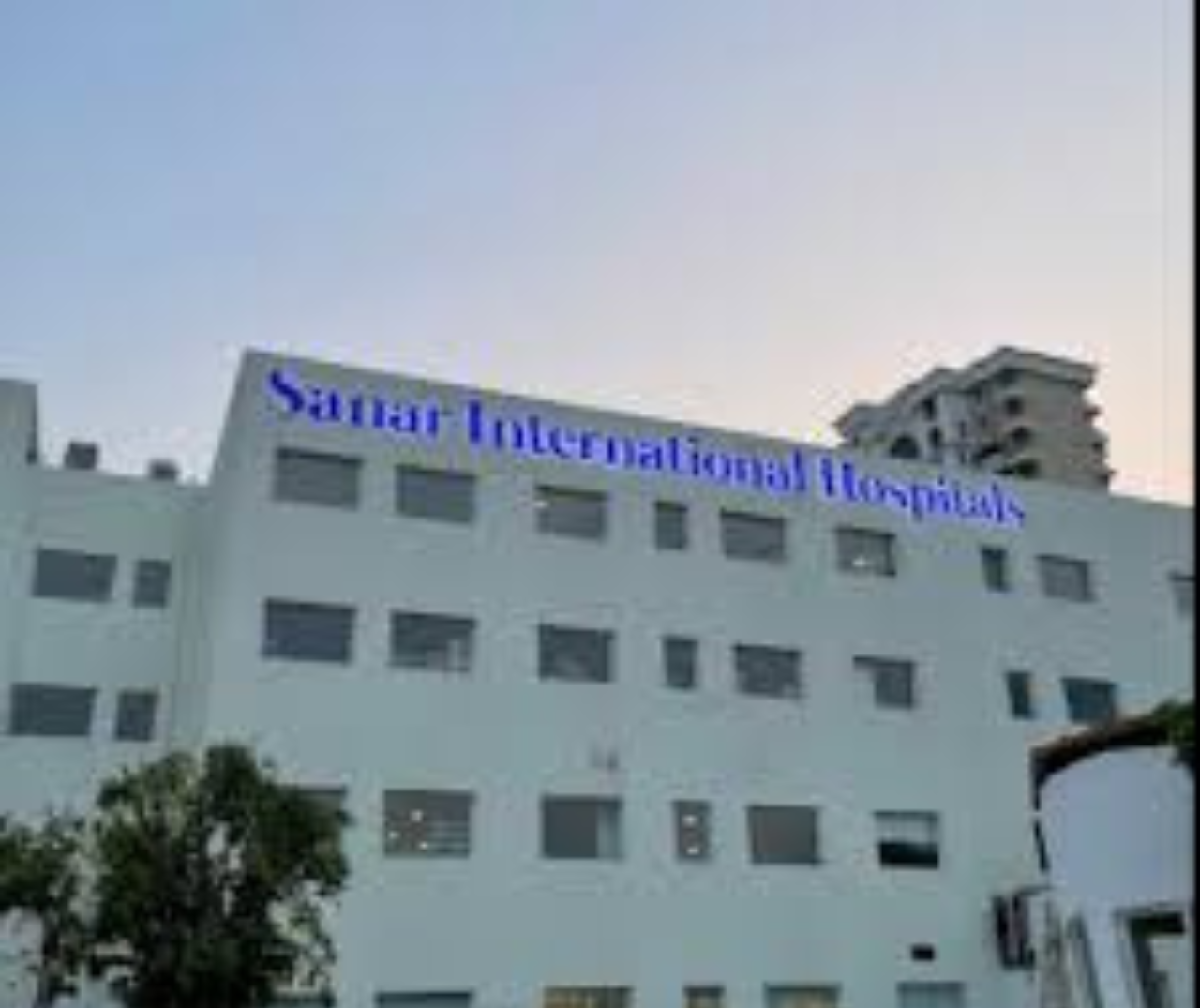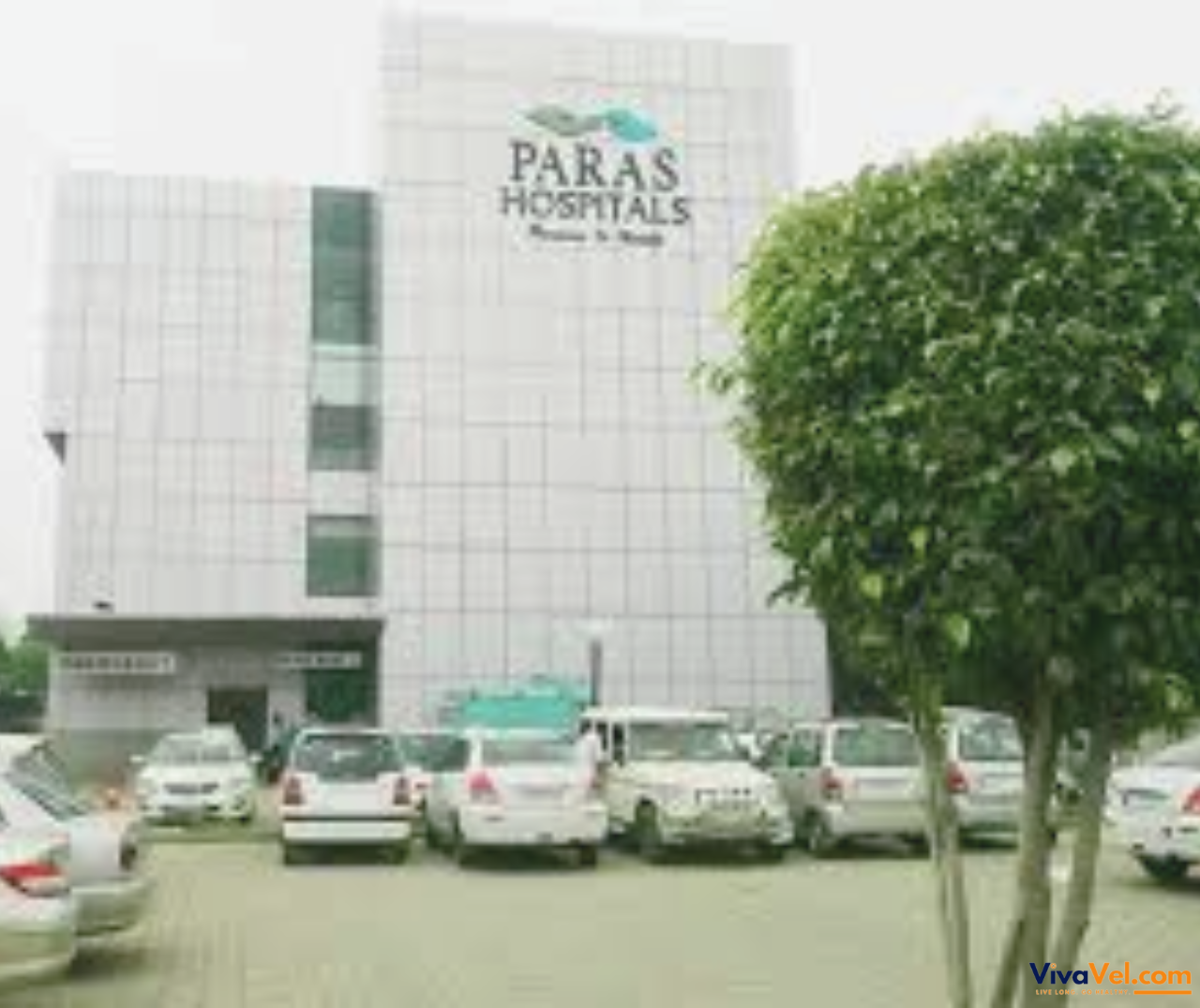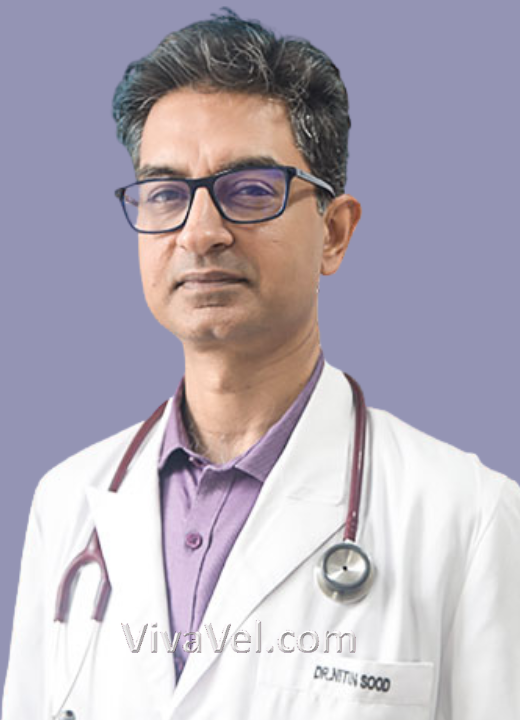info@vivavel.com
+919818262686
+919818262686
 info@vivavel.com
info@vivavel.com +919818262686
+919818262686Thalassemia is a hereditary blood disorder that primarily affects the body's ability to produce adequate and functional hemoglobin. Hemoglobin is a protein in red blood cells responsible for transporting oxygen from the lungs to tissues throughout the body. In individuals with thalassemia, the production of hemoglobin is impaired, leading to fewer and abnormally shaped red blood cells, which in turn causes anemia. The severity of the anemia varies depending on the type of thalassemia, classified as either alpha or beta, depending on which part of the hemoglobin molecule is affected.
Patients with thalassemia experience chronic fatigue, weakness, pale skin, and shortness of breath due to their blood's reduced oxygen-carrying capacity. Severe cases may require frequent blood transfusions to maintain normal hemoglobin levels, leading to complications such as iron overload, which can damage organs like the liver, heart, and endocrine system.
Thalassemia is inherited in an autosomal recessive pattern, meaning both parents must carry the defective gene for their child to be affected. In milder forms, such as thalassemia minor, individuals may not show significant symptoms and may lead normal lives with minimal treatment. However, more severe forms like thalassemia major (Cooley's anemia) can be life-threatening without early diagnosis and continuous treatment.
Bone marrow transplants can potentially cure thalassemia, but they are risky and only suitable for some patients. Genetic counseling is recommended for families at risk of passing the disorder to their children. Preventive measures such as prenatal testing can help families make informed decisions about the condition.
 Symptoms of thalassemia vary depending on the type and severity of the condition. The most common signs include:
Symptoms of thalassemia vary depending on the type and severity of the condition. The most common signs include:
Depending on the type of thalassemia, these symptoms can range from mild to severe. People with minor thalassemia may have no symptoms, while those with more severe types may develop serious health problems.

 Thalassemia is caused by genetic mutations passed from parents to their children. If one or both parents have abnormal hemoglobin genes, they can pass them on to their child, causing thalassemia. There are two main types:
Thalassemia is caused by genetic mutations passed from parents to their children. If one or both parents have abnormal hemoglobin genes, they can pass them on to their child, causing thalassemia. There are two main types:
 You should see a doctor if:
You should see a doctor if:
Early diagnosis can help prevent complications, so getting medical advice is essential if you notice these signs.
 To confirm thalassemia, doctors may conduct the following tests:
To confirm thalassemia, doctors may conduct the following tests:
 Do's:
Do's:
 Don'ts:
Don'ts:
NOTE:
Our medical content authors have diligently gathered and synthesized information on this topic to offer valuable insights to our readers. Drawing from a range of reputable medical journals and health resources, this content aims to enhance understanding of the subject. It's important to remember that while this information is informative, it should not replace personalized consultation or treatment from a qualified physician. For further details, please refer to our Editorial Policy.
For this topic, our authors used some of the following resources:
Centers for Disease Control and Prevention | CDC (.gov) | Treatment of Thalassemia
nhs.uk | Thalassaemia - Treatment
National Institutes of Health (NIH) (.gov) | Current status of beta‐thalassemia and its treatment
Wolters Kluwer | Management of thalassemia - UpToDate
Thalassemia Foundation of Canada | Disease & Treatment « Thalassemia





![]() Pusa Road, Radha Soami Satsang, Rajendra Place New Delhi, 110005 India
Pusa Road, Radha Soami Satsang, Rajendra Place New Delhi, 110005 India



![]() Golf Course Rd, Parsvnath Exotica, DLF Phase 5, Sector 53, Gurugram, Haryana Gurgaon, 122022 India
Golf Course Rd, Parsvnath Exotica, DLF Phase 5, Sector 53, Gurugram, Haryana Gurgaon, 122022 India



![]() C-1, Sushant Lok- 1, Sector-43, Phase- I, Gurugram, Haryana, 122002
C-1, Sushant Lok- 1, Sector-43, Phase- I, Gurugram, Haryana, 122002



![]() Mussoorie, Diversion Road, Dehradun, Uttarakhand 248001
Mussoorie, Diversion Road, Dehradun, Uttarakhand 248001


Dr. A. V. S. Suresh is a distinguished Senior Consultant Medical Oncologist and Hematologist at Continental Hospitals, Hyderabad. With over two decades of clinical ex...

Dr. Gaurav Dixit is a highly experienced Hematologist and Bone Marrow Transplant (BMT) Specialist who currently leads the Haemato-Oncology Unit at Artemis Hospital, Gurugram....

Dr. Rayaz Ahmed is a director with expertise in Cancer Care/Oncology, Bone Marrow Transplant, Hematology Oncology, and hematology (Hematology) at Max Super Speciality Hospita...



Dr. Nitin Sood is a distinguished Clinical Hematologist, Hemato-Oncologist, and Bone Marrow Transplant Specialist with nearly thirty years of clinical, academic, and research exper...
Treatment Plan & Cost within 2 days
